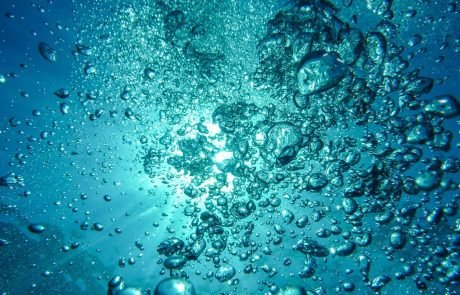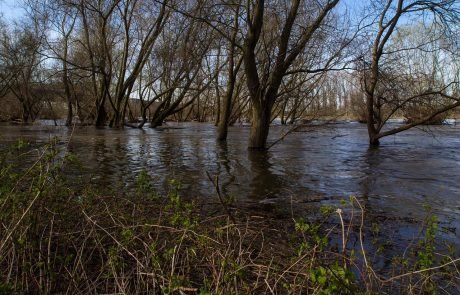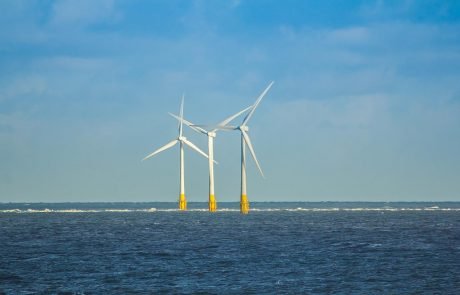Researchers from Newcastle University, UK, found a remarkable variability in corals when it comes to tolerance to heat, according to a study published in the journal Proceedings Of The Royal Society
All posts in climate change
The agricultural sector is facing enormous pressure. The aim of feeding the world population while reducing environmental impact and protecting natural reserves is not easy to achieve. Innovative technologies are
Any scenarios presented by BP, Royal Dutch Shell, and Equinor will not meet the Paris Agreement target, according to research by an organisation called Climate Analytics. This organisation includes researchers from
The amount of carbon stored by plankton is going to increase over the next 100 years, according to researchers based at the University of Bristol and the National Oceanography Centre
Microplastics are deposited in river floodplains and carried down to deeper levels, according to a study published in the journal Science of the Total Environment. Local topography, frequency of floods,
The world’s first rapid testing facility for tidal turbine blades has just opened for business in Scotland, UK. Researchers believe this will help develop marine energy technologies as well as
Climate change is driving the pine beauty moth north 50 years before earlier predictions
In Finland, the pine pest Panolis flammea — commonly known as pine beauty moth — is shifting its range northward to escape climate change 50 years ahead of earlier predictions,
A team of researchers from the University of Bristol, UK, identified the most intense heat waves ever recorded around the world, according to a study published in Science Advances. Surprisingly,
Wildlife watchers usually enjoy watching new species coming to the UK due to climate change, according to a study published in the journal People and Nature. Most of these species
Reaching climate neutrality by 2050 will require 35 more times lithium and up to 26 more times the amount of rare metals compared to today’s limited use, according to a









